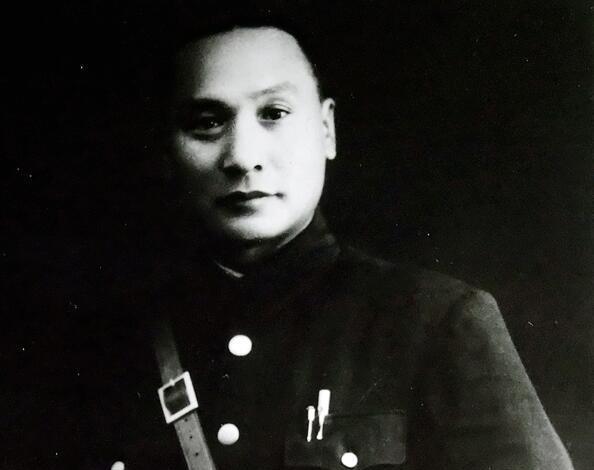During the Liberation War, the old Chiang Kai-shek did achieve certain results by relying on his strong military strength and various means in the early stage, but in the later period, after our party launched a strategic counter-offensive, the nationalist army constantly retreated its own strategic defense line, and then the nationalist army did not taste victory on various battlefields.
Lu Han, the big man of the Dian Army: Lu Han was a native of Yunnan at that time, and Lu Han's cousin Long Yun was a well-known figure in Yunnan at that time, because Long Yun at that time was known as the second king of Yunnan

Lu Han graduated from the Yunnan Army Lecture Hall, in the early years, Lu Han has been serving in the Dian Army, and during the War of Resistance Against Japan, leading the Dian Army has also gained a lot of achievements, successively participated in the Battle of Xuzhou, the Battle of Wuhan and many other famous battles, and then served as the commander of the First Army, but on the eve of the victory of the War of Resistance Against Japan, the old Chiang Kai-shek launched a coup in Yunnan, and after expelling Long Yun, Lu Han became the ruler of Yunnan.
In December 1949, as our army advanced toward the southwest region, seeing that the old Chiang Kai-shek was unable to return to heaven, Lu Han immediately declared an uprising, and Yunnan was peacefully liberated, and then Lu Han also stayed in Yunnan to serve as the chairman of the Yunnan Military and Political Committee and other positions, and died of illness in Beijing in 1974 at the age of 79.
Second, Ma Hongbin, a big man in the Ma family army: Ma Hongbin followed Feng Yuxiang in his early years. Held an official position in the Northwest Army, but with the collapse of the Northwest Army
Ma Hongbin's power was getting bigger and bigger, and ma Bufang and Ma Hongkui at that time became the three horses in the northwest, during the Liberation War, Ma Bufang and Ma Hongkui knew that they were powerless to resist the advance of the communist army, and he had also been an enemy of the communist army, and fled by plane, while Ma Hongbin chose to revolt under the efforts of all parties, and after the founding of New China, Ma Hongbin successively served as a member of the National Defense Commission and other positions. He died in Lanzhou in 1960 at the age of 76.
Deng Xihou, a big man in the Sichuan Army: Deng Xihou joined the Sichuan Army in his early years and had a certain influence in the Sichuan Army, and after the outbreak of the Anti-Japanese War, Deng Xihou joined the anti-Japanese army and led the 22nd Group Army to make great achievements
In 1949, our army advanced toward the southwest region, Deng Xihou knew that there was no way to escape, chose to revolt, after the founding of New China, successively served as the vice chairman of the Southwest Military and Political Committee and other positions, in 1964 in Chengdu died of illness at the age of 75.
4. Fu Zuoyi, the big man of the Sui Army: Fu Zuoyi once held an official position in the Jin Sui Army, after Yan Xishan's defeat in the Battle of Taiyuan, Fu Zuoyi chose to establish himself as a portal, and then became the big man of the Sui Army, during the War of Resistance Against Japan, he also led the troops to fight bloody battles and actively resisted Japan, but during the Liberation War
Fu Zuoyi once held the military and political power throughout North China, but then in the Battle of Pingjin, Fu Zuoyi was deeply shocked and chose to revolt, after the founding of New China, Fu Zuoyi successively served as the minister of water resources and other positions, and died of illness in Beijing in 1974 at the age of 79.